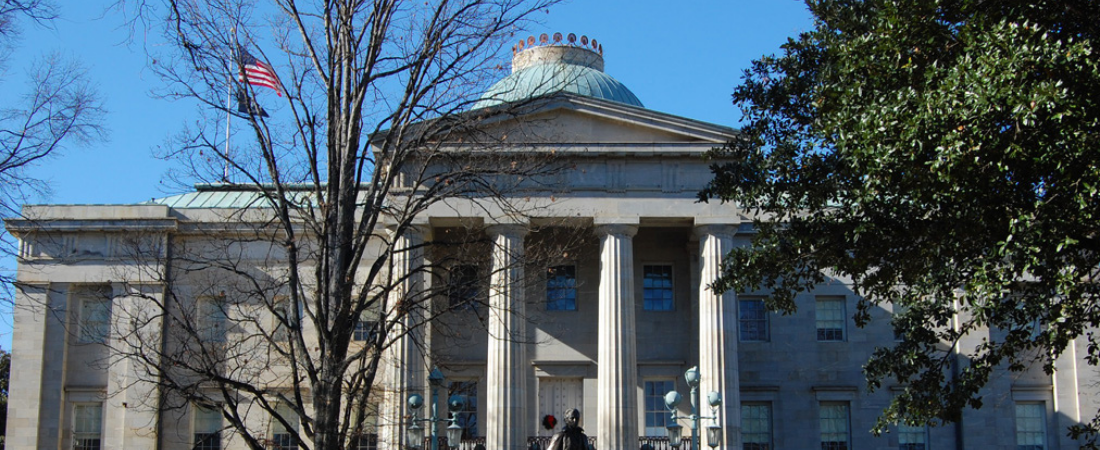The National Coalition Against Censorship (NCAC) applauds North Carolina Governor Roy Cooper’s recent veto of House Bill 324, which would have regulated the teaching of certain concepts commonly (and often mistakenly) associated with Critical Race Theory. The Governor’s veto message read:
“The legislature should be focused on supporting teachers, helping students recover lost learning, and investing in our public schools. Instead, this bill pushes calculated, conspiracy-laden politics into public education.”
NCAC agrees.
In the current political climate, a bill which singles out certain concepts related to race and gender is almost guaranteed to have a chilling effect on teachers, who would likely steer clear of any discussion of racial issues in fear of being accused of impropriety. Given the centrality of these issues to current public discourse, this would do North Carolina students a devastating disservice in developing their ability to participate in civic conversation.
While many of the principles written in the bill, such as acknowledging “the right of others to express differing opinions” and fostering and defending “freedom of inquiry and freedom of speech”, are fully supported by NCAC, the main thrust of the bill aims to regulate the teaching of certain politically controversial ideas. Partisan political pressures on the curriculum, such as those in House Bill 324, interfere with educators’ ability to make curricular decisions based on their training, experience, and expertise, as well as the needs of their students.
Students certainly have the right to be free from proselytizing from school officials of any political persuasion, and they also have the right to hear voices from all perspectives on important social, political, and historical issues. Indeed, almost all school districts in the country already have “controversial issues” policies which require even-handed instruction on such matters. Rather than singling out one issue that happens to currently be in the news, North Carolina legislators should have put politics aside and instead supported teachers by providing them with the resources needed to ensure that the state’s students can exercise their right to develop their own views on the pressing issues of the day.


